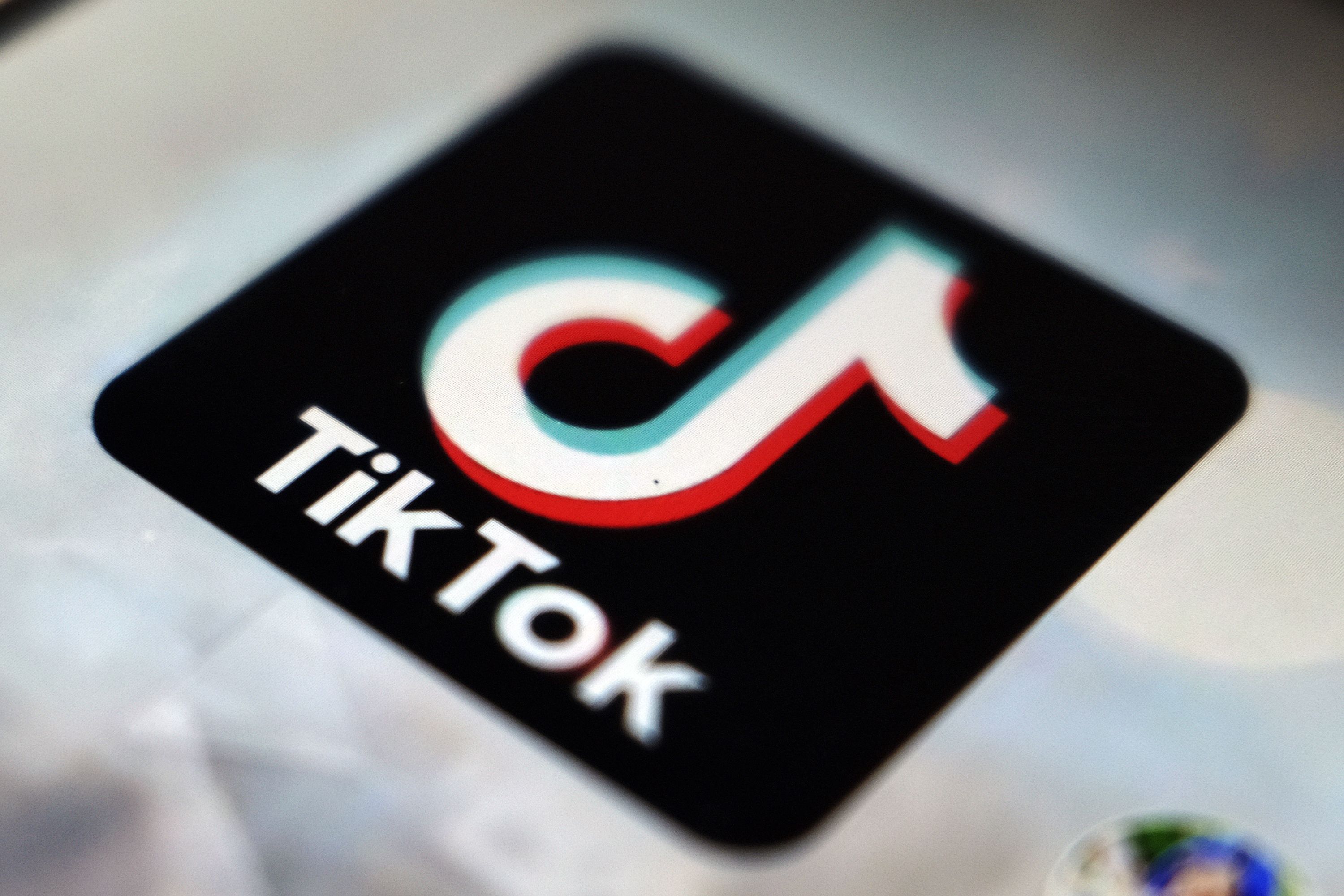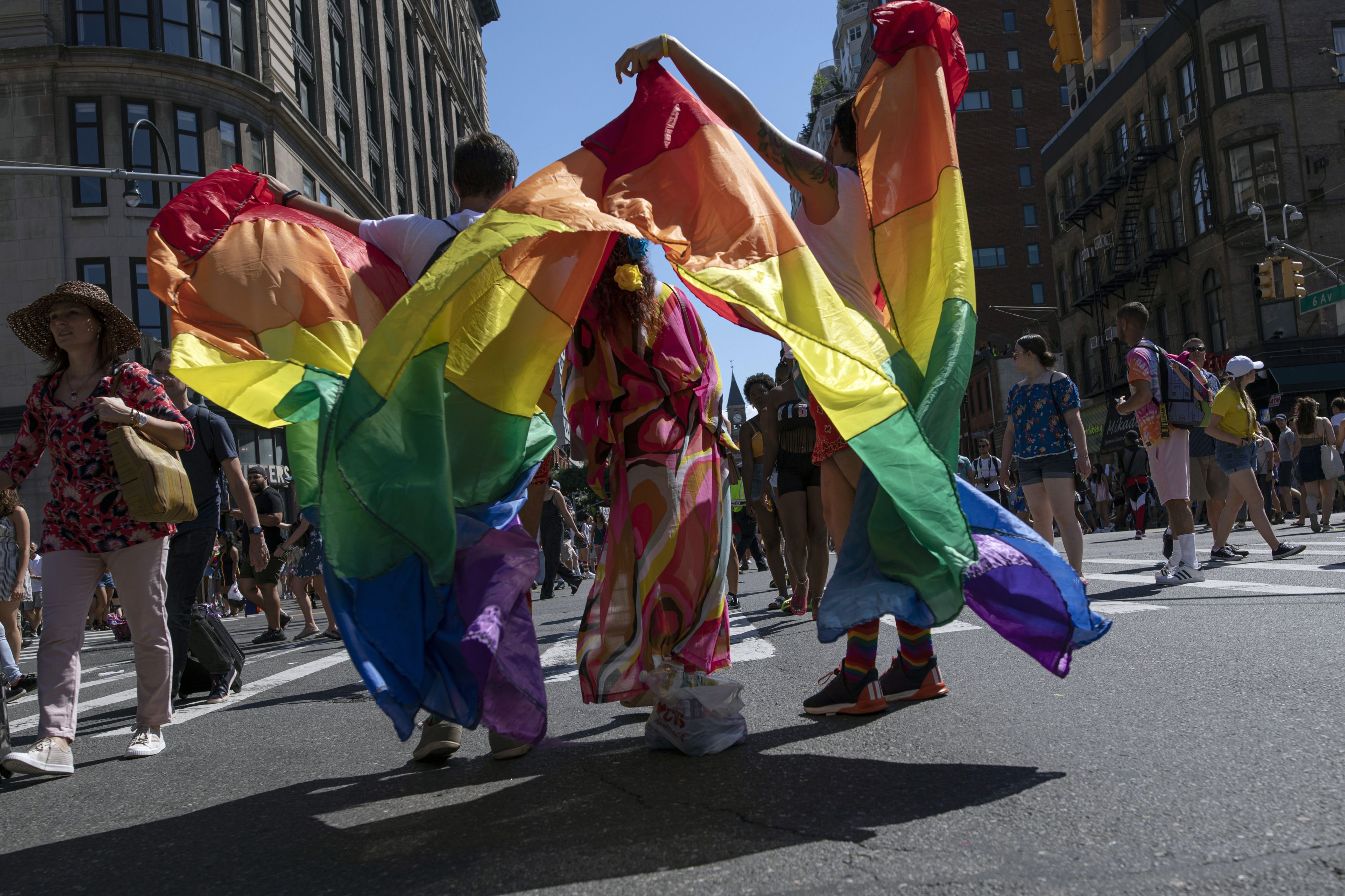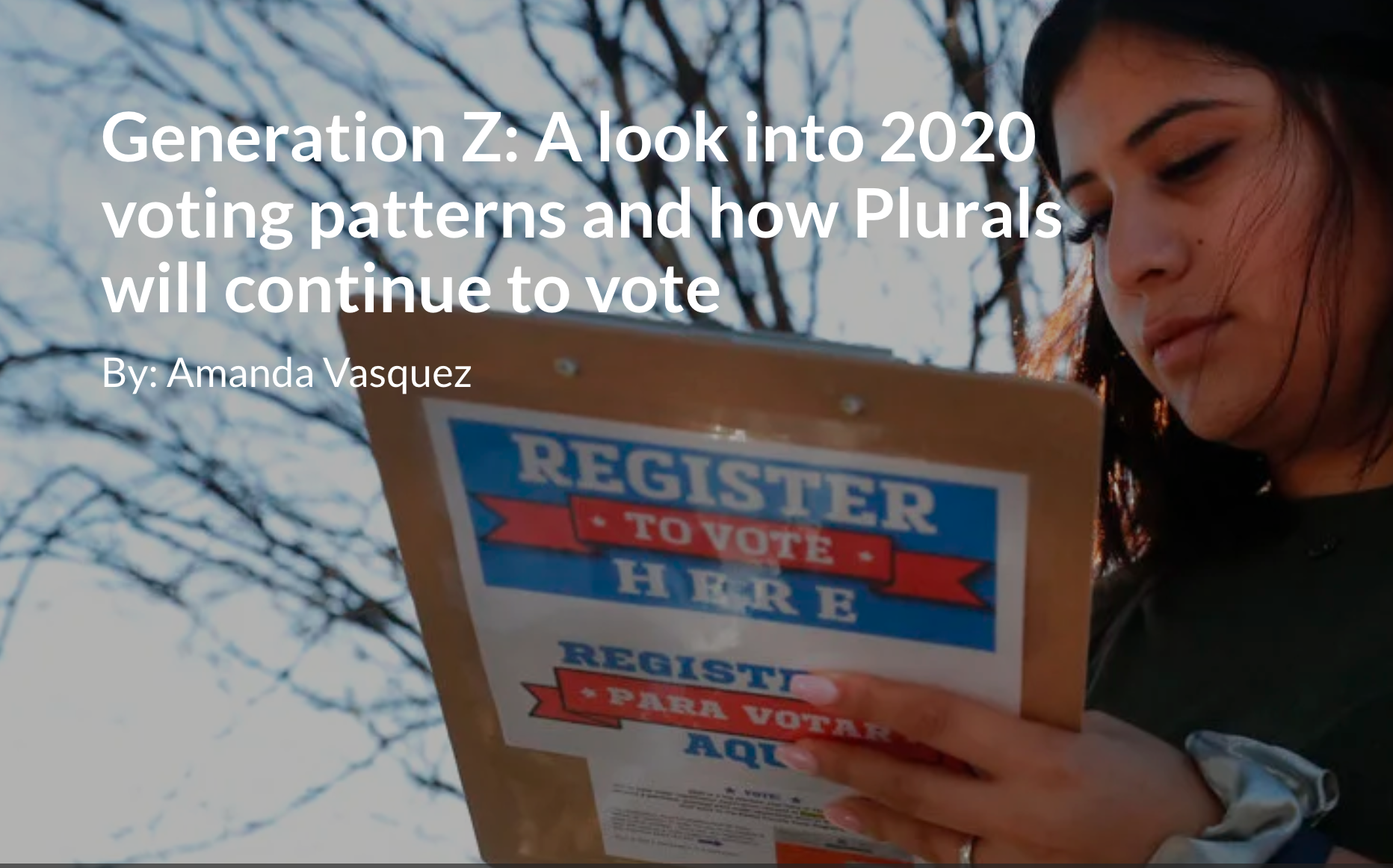'The loneliest generation?' : TikTok and its relationship with Gen Z

The Beginning of TikTok
TikTok, the Chinese-owned social media app, has taken the world by storm, becoming the most downloaded app in 2020. According to Statista, over 47% of TikTok’s users were born after 1996, which makes the platform overwhelmingly crowded with Gen Zers.
TikTok began as Musical.ly, which was a dance and lip syncing platform used almost solely by adolescents. Musical.ly was bought by Bytedance in 2017 and rebranded into the TikTok that is used today.
In 2018 TikTok received one billion downloads, and in 2020 it became the most downloaded app on the Apple app store.
Currently, it is the most downloaded free entertainment app in the Apple app store. TikTok has cemented itself among the top social media platforms among the likes of Twitter, Instagram and Facebook.
So how did it get to become so popular?
It really is 'For You'
There are many reasons TikTok rose to popularity, but the most significant aspect of TikTok’s success is its For You Page and the algorithm it employs. The For You page is the main avenue to consuming content on Tik Tok, and it is tailored to each individual user.
Associate Professor of marketing at Loyola University Chicago Jenna Drenten said other social media experiences are shaped based on accounts users follow, but the For You Page brings the content directly to the user. The For You Page also updates regularly to bring new content catered for the individual by tracking what videos the user likes, comments and shares, while also tracking what the user dislikes.
“The algorithm gets to know you in a creepy way,” said Drenten.
Junior marketing major Maddie Squyres said her For You page is flooded with videos of her hobbies and things she enjoys but has never disclosed on the app.
“I thought it was really weird that some of my interests were populating my page,” she said.
Along with the For You Page, TikTok presents the quickest path to go viral compared to any other platform. This motivates users to create content, which Drenten said is just as addicting as the endless stream of content to consume.
According to Pew Research Center, Gen Z prefers to create content rather than consume it compared to older generations. TikTok's creator-friendly platform gives Gen Zers a chance to be seen.
Drenten said with other social media platforms it takes time for something to go viral, but with TikTok it can happen quickly, which gives the user easy satisfaction that they can replicate with little effort. This aligns with research that claims Gen Z yearns for their accomplishments to be rewarded quickly.
The endless stream of content and the ability to go viral in an instant provides gratification for its users.
Senior marketing major Andre Reyes said instant gratification is something that Gen Z falls victim to easily, and TikTok’s use of it is powerful.
Owned by Gen Z
With 47% of its user base born after 1996, TikTok is undoubtedly a Gen Z space.
“Older generations are allowed to the party, but the DJing, the topics and discussions are very much controlled by Gen Z,” said Drenten.
There are even petty rivalries between Gen Z and Millennials that play out on the app.
One trend was about how Gen Z would make fun of Millennials for things such as skinny jeans, use of the word “doggo” and parting their hair to the side (Gen Z is all about the middle part).
The loneliest generation?
Gen Z is often dubbed the loneliest generation. There is ample evidence supporting that moniker, with 79% of Gen Z having reported feelings of loneliness. Squyres said TikTok can exacerbate those feelings and bring a feeling of connecting without the real thing.
Young people sometimes use TikTok as a substitute for interpersonal connection, Squyres said.
However, Drenten had a much different perspective on TikTok and feelings of loneliness in Gen Z. Drenten said the connections Gen Z is making over social media can be a replacement for actual connection and that in the future we may have to redefine what it means to be lonely.
A place for social commentary
Gen Z has become increasingly active on social justice issues as well as other issues like climate change.
TikTok, in turn, has become a place to start dialogues on social issues. During the George Floyd riots and social unrest, TikTok became a platform with some of the healthiest interactions on the subject, said Drenten.
Many Black creators began creating content to promote the Black Lives Matter movement and used the platform to put forth their message on social justice issues.
The app’s status as a social justice and issues platform did not end with the fight for racial equality. It became a place for discussions on the Israeli-Palestinian conflict. Many threads of videos detailed as much as they could about the history of the conflict inside of one-minute videos and encouraged viewers to do their own research on the topic.
Here to stay
Even though TikTok gained most of its new users at the beginning of the pandemic in March 2020, many of those users are now "married" to the app, said Drenten.
The app will remain a space for people to create and connect.
Gen Z: Section 2
How Gen Z thinks about the world's issues: discipline, diversity and inclusivity

Click above to read "Generation Z: A look into 2020 voting patterns and how Plurals will continue to vote"
Click above to read "Generation Z: A look into 2020 voting patterns and how Plurals will continue to vote"
This story is one in a series about how Generation Z functions, interacts and incites change in today's world.
Read the next story to explore more about how Gen Z thinks about the world’s issues including discipline, diversity and inclusivity.
